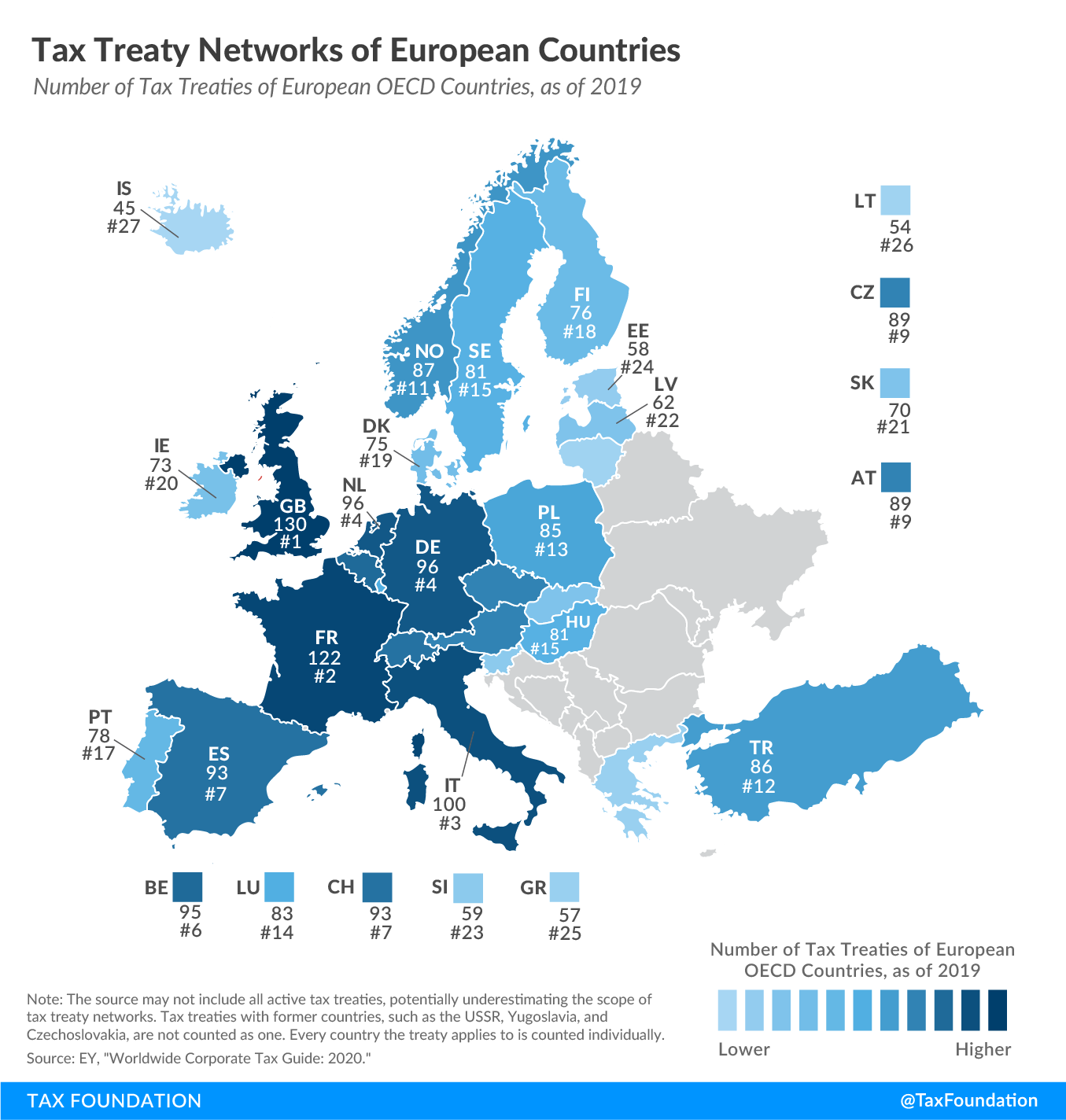In recent years, several European Union countries have embarked on the complex process of renegotiating their tax treaties. These treaties, which are designed to prevent double taxation and to promote cross-border trade and investment, are critical components of international economic policy. However, changing economic landscapes, evolving political priorities, and the challenges posed by globalization have compelled some EU nations to revisit these agreements. This article delves into the motivations and factors driving these renegotiations, offering insights into the dynamic interplay of economics and politics within the EU.
Examining the Motives Behind EU Tax Treaty Changes
The primary motive for renegotiating tax treaties among EU countries often stems from the need to adapt to new economic realities. As global trade patterns shift and digitalization transforms the way businesses operate, existing tax treaties may become outdated. For instance, the rise of digital services means that many companies can operate in a country without a physical presence, challenging traditional notions of taxable presence. Consequently, EU countries find it necessary to update their treaties to reflect these changes and ensure a fair distribution of tax revenues.
Another significant motive is the desire to combat tax avoidance and evasion. Over the past decade, there has been increasing public and political pressure to address aggressive tax planning strategies employed by multinational corporations. These strategies often exploit loopholes in existing treaties to minimize tax liabilities. By renegotiating treaties, EU countries aim to close these loopholes and align with international standards such as the OECD’s Base Erosion and Profit Shifting (BEPS) project, which seeks to curb profit shifting and ensure that taxes are paid where economic activities occur.
Additionally, some EU countries are motivated by the need to harmonize their tax policies with broader EU directives and regulations. As the EU pushes for a more integrated economic policy, member states must ensure that their tax treaties do not conflict with EU law. This often requires renegotiating treaties to eliminate discriminatory practices or provisions that could hinder the free movement of goods, services, and capital within the EU. By doing so, countries can facilitate smoother intra-EU trade and investment, thereby strengthening the single market.
Economic and Political Factors Driving Renegotiations
Economic disparities among EU member states also play a crucial role in driving tax treaty renegotiations. Countries with lower corporate tax rates often attract multinational companies seeking to minimize their tax burdens, leading to tensions with higher-tax jurisdictions. To address these imbalances, some countries seek to renegotiate treaties to include measures such as minimum taxation thresholds or enhanced dispute resolution mechanisms, which can help ensure a more equitable distribution of tax revenues across the EU.
Political factors, including changes in government or shifts in policy priorities, can significantly influence the decision to renegotiate tax treaties. New administrations may prioritize different economic policies, such as attracting foreign investment or increasing tax revenues to fund public services. These shifts can prompt a re-evaluation of existing treaties to better align with the current government’s goals. Additionally, political pressure from voters demanding greater transparency and fairness in the tax system can accelerate the push for renegotiations.
Finally, the broader geopolitical landscape can impact tax treaty renegotiations within the EU. As countries face external pressures, such as trade tensions or the need to secure post-Brexit economic relationships, they may seek to adjust their tax treaties to enhance their competitiveness or to protect their domestic industries. In this context, renegotiating tax treaties becomes a strategic tool to bolster economic resilience and to navigate the complexities of international diplomacy.
As EU countries continue to navigate the challenges of a rapidly changing global economy, the renegotiation of tax treaties emerges as a critical area of focus. Driven by a combination of economic imperatives and political considerations, these renegotiations reflect a broader effort to adapt to new realities and to ensure a fair and efficient international tax system. By examining the motives and factors behind these changes, we gain a deeper understanding of the evolving landscape of international taxation and the strategic decisions that shape it. As the EU strives for greater integration and economic cohesion, the ongoing evolution of tax treaties will undoubtedly play a key role in shaping the future of the union.
